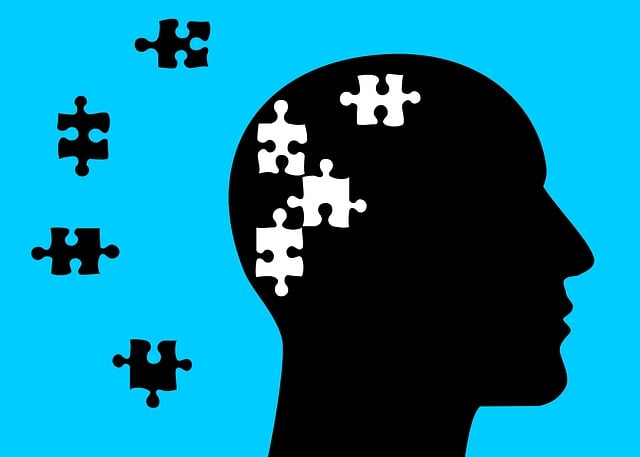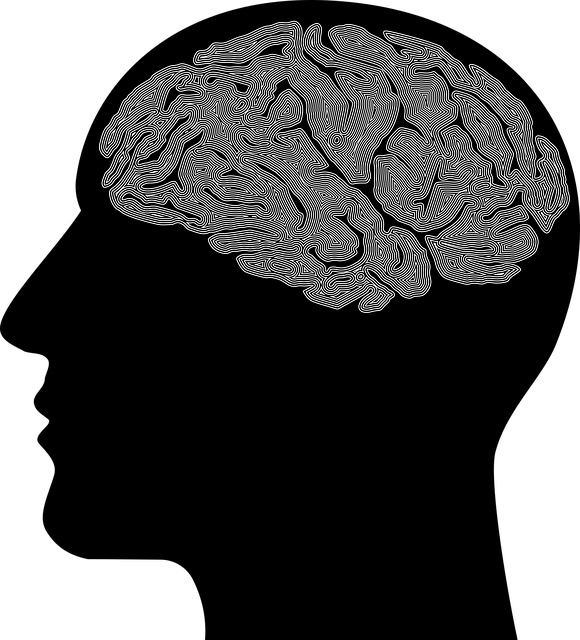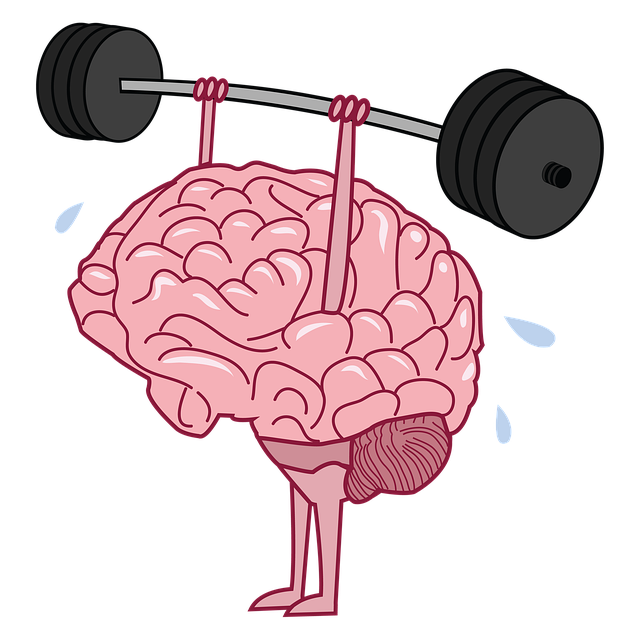Mental health education requires a holistic approach addressing psychological, emotional, and behavioral aspects, as seen in Centennial Spiritual-Religious Issues Therapy. Integrating diverse perspectives like medical, therapeutic, and spiritual views is crucial for catering to varied cultural and belief systems. Cultural competency training equips healthcare providers with respectful guidance while self-esteem improvement and crisis intervention techniques give individuals robust coping mechanisms. Evidence-based practices, including mindfulness, stress reduction techniques, and Mind Over Matter principles, bridge scientific understanding with spiritual insights, fostering community Mental Health Awareness and supportive networks.
“Uncover the secrets to crafting comprehensive mental health education programs with our detailed guide. This article serves as a navigator through the intricate landscape of program design, offering insights for professionals aiming to enhance well-being.
We explore two key dimensions: ‘Understanding Mental Health’ provides an all-encompassing overview for effective strategies, while ‘Integrating Spiritual and Religious Dimensions’ delves into addressing ancient healing approaches, specifically focusing on Centennial Spiritual-Religious Issues in therapy. Get ready to revolutionize mental health education.”
- Understanding Mental Health: A Comprehensive Overview for Effective Program Design
- Integrating Spiritual and Religious Dimensions: Addressing Centennial Issues in Therapy
- Implementing Evidence-Based Practices: Strategies for a Holistic Mental Health Education Program
Understanding Mental Health: A Comprehensive Overview for Effective Program Design

Mental health is a broad and complex topic that requires a nuanced understanding to design effective educational programs. It involves recognizing and addressing various psychological, emotional, and behavioral aspects crucial for overall well-being. A comprehensive overview should encompass different perspectives, including medical, therapeutic, and spiritual-religious issues, as these often intertwine in people’s lives.
For instance, a holistic approach to mental health education could involve integrating Centennial Spiritual-Religious Issues Therapy, which explores the impact of faith and belief systems on an individual’s mental state. This is particularly important when designing programs for diverse populations with varying cultural backgrounds and beliefs. Additionally, incorporating Healthcare Provider Cultural Competency Training ensures that educators can guide participants effectively while respecting their unique perspectives. Furthermore, covering Self-Esteem Improvement and Crisis Intervention Guidance provides valuable tools to enhance coping mechanisms and support individuals during challenging times.
Integrating Spiritual and Religious Dimensions: Addressing Centennial Issues in Therapy

In today’s diverse and interconnected world, mental health education programs must evolve to address a wide range of needs, including the integration of spiritual and religious dimensions. For many individuals, faith and spirituality play a central role in their emotional well-being promotion techniques and stress reduction methods. Therapists and educators can leverage this by incorporating culturally sensitive practices that respect and embrace different belief systems. This approach not only enhances the effectiveness of therapy but also fosters a deeper sense of inner strength development among participants.
By acknowledging and exploring Centennial spiritual-religious issues in therapy, mental health programs can provide more holistic support. This involves creating safe spaces for open dialogue about faith’s role in coping mechanisms, resilience, and personal growth. Such integrations can help bridge the gap between scientific understanding and spiritual insights, offering comprehensive solutions to long-standing challenges in therapeutic practices. It empowers individuals to navigate their emotional journeys while staying true to their religious beliefs, ultimately enhancing overall mental health outcomes.
Implementing Evidence-Based Practices: Strategies for a Holistic Mental Health Education Program

Implementing evidence-based practices is a cornerstone of designing an effective and holistic mental health education program. These strategies ensure that participants gain access to validated techniques and approaches, fostering a deeper understanding of mental wellness. By integrating well-researched methods, such as mindfulness and stress reduction techniques rooted in both secular and spiritual-religious traditions (Centennial Spiritual-Religious Issues Therapy), programs can offer comprehensive solutions.
Mind Over Matter principles, for instance, provide individuals with the tools to manage their thoughts and emotions, enhancing coping mechanisms. This approach, combined with education on Stress Reduction Methods, empowers participants to navigate life’s challenges more effectively. Such practices not only promote individual well-being but also contribute to building a community that prioritizes Mental Health Awareness, creating a supportive network for those seeking support.
Mental health education program design requires a multifaceted approach, especially when addressing contemporary challenges like Centennial Spiritual-Religious Issues in therapy. By integrating evidence-based practices and acknowledging the profound impact of spiritual and religious dimensions, we can create holistic programs that effectively support mental well-being. A comprehensive understanding of mental health, coupled with sensitivity to diverse beliefs, ensures that education initiatives resonate with a broader audience, fostering inclusive and impactful learning experiences.














